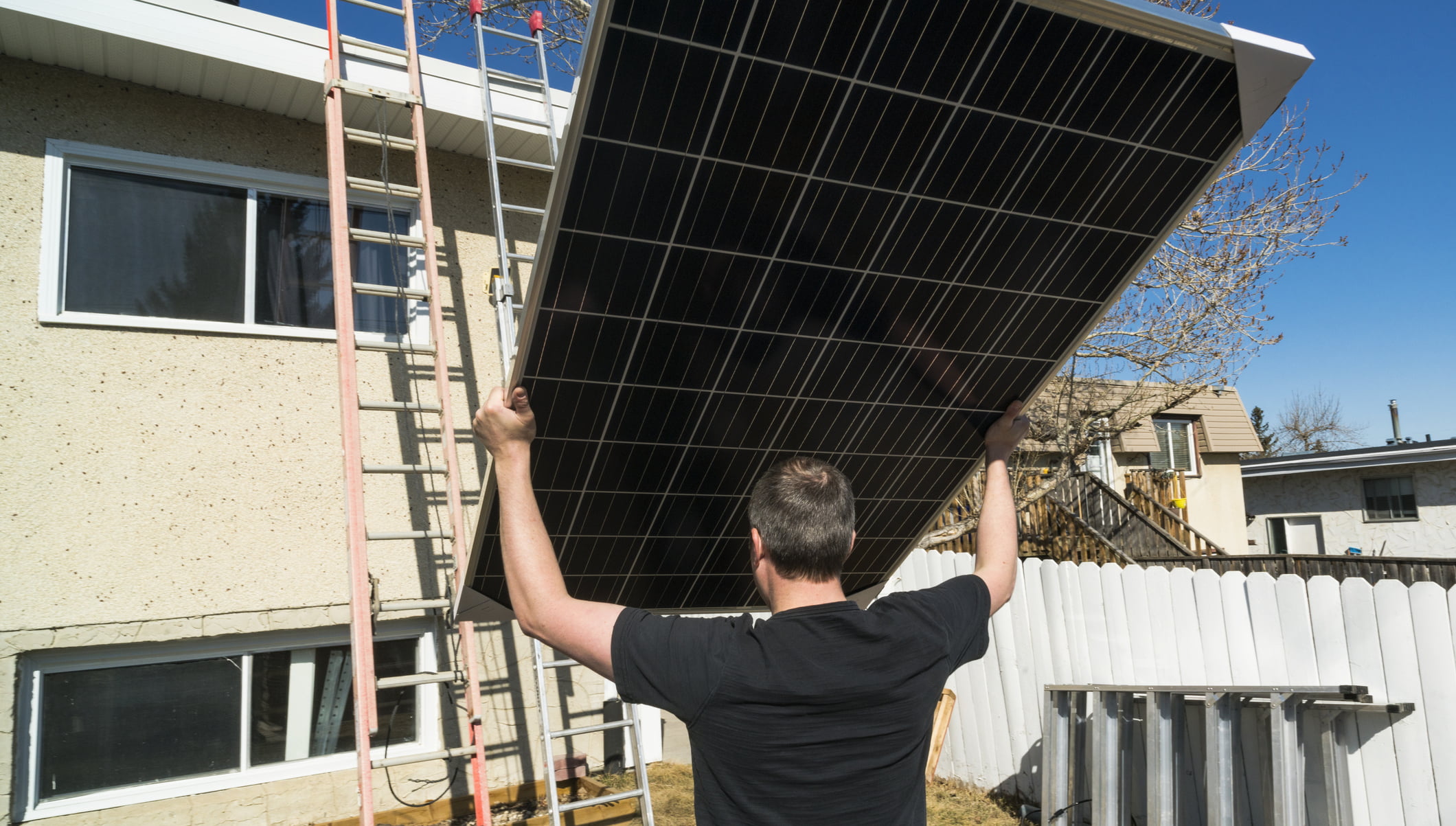If you’ve been thinking about installing a solar electric system on the home you own, now is the time to act. Any U.S. taxpayer is eligible for a 30% Residential Renewable Energy Tax Credit, but it won’t last long! The current 30% tax credit for residential solar installations ends on December 31, 2019. In 2020, the tax credit steps down to 26% and drops again to 22% in 2021, which is the last year for residential solar projects to receive tax credits.
Commercial installations are also eligible for a 30% credit ending December 31, 2019, which steps down to 26% in 2020, and to 22% in 2021. A 10% commercial credit will remain in place during and after 2022. The following chart shows how both the residential and commercial credits step down until 2022, when the residential credit ends and the commercial continues at only 10%.
https://blog.pickmysolar.com/federal-solar-tax-credit-steps-down-2020
While there is certainly good reason to get moving on your residential solar project and while the declining tax credit makes it more urgent; it should not be the first step in reducing your carbon footprint. Efficiency improvements in your home, such as more insulation, better air sealing, and efficient HVAC equipment are often more cost-effective, even without incentives or subsidies. See our posts on the 12 Steps to Affordable Zero Energy Home Design and Construction and Remodeling on the Path to Zero for more information.
Reducing your carbon footprint while maintaining all the comforts in your home is key to success. And, as more and more buyers look to decrease their energy costs, solar installations make sense. If you are a new home buyer or remodeling your home, setting goals to reduce carbon emissions and reduce energy consumption will include solar. You can learn more about the U.S. Solar Tax Credit program here. So do your homework, and make every dollar count.
If you purchase a solar system, remember that your solar credit can be carried over from year to year until you have used it all. If you’ve been waiting the time to act is now!
Robin Sullivan is a Zero Energy Project contributor and volunteer.

